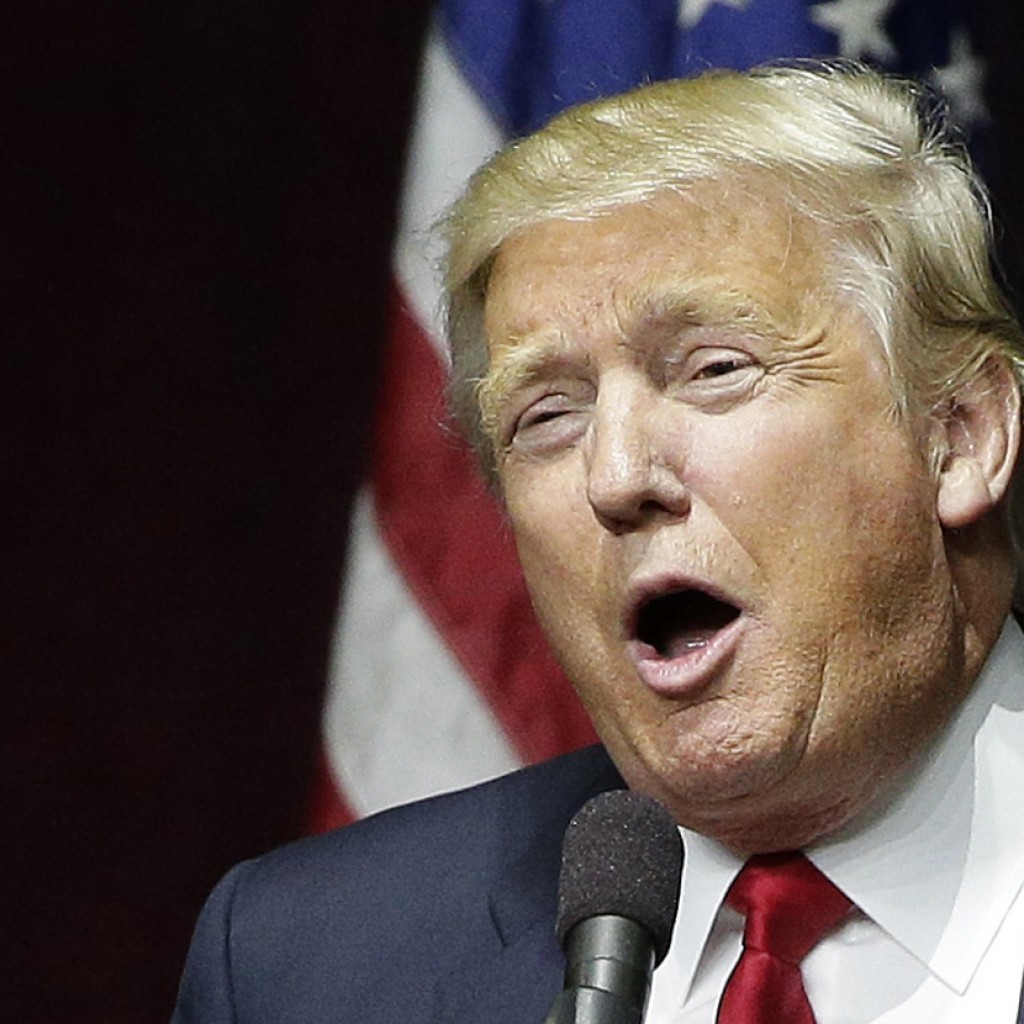
So, you want to be a delegate to the Republican National Convention?
You could have a rare opportunity to help make history, if none of the Republican presidential candidates reaches the target 1,237 delegates needed to clinch the nomination on the first ballot. And maybe — just maybe — billionaire businessman Donald Trump will take you for a spin on Trump Force One.
Now, if you’re looking to jump on the bandwagon today, the bad news is it’s probably too late. Most state parties haven’t picked their delegates yet, but in general, they’re looking for people who have demonstrated loyalty by investing time and money helping to elect Republican candidates.
“It’s always helpful to show that you care about the party and its work if you want the party to make you a delegate,” said Ben Ginsberg, a longtime Republican lawyer and an expert on the nominating process.
“Suppose that your passion in life is helping out on the local level with political campaigns or with party work,” he said. “This is the reward at the end of a four-year rainbow.”
It’s definitely an insider’s game, which is one reason that Trump appears to be struggling to get his supporters selected as delegates, even though he’s won the most primaries.
Look at North Dakota, for example. The state didn’t hold a primary this year. Instead, the state GOP selected 25 delegates at its state convention last weekend. The state’s three Republican National Committee members will also be delegates in the July convention.
Because North Dakota didn’t hold a primary, its delegates are free to support the candidate of their choice, regardless of who wins the popular vote. The GOP calls them “unbound.”
There will be between 150 and 200 unbound delegates at the convention. If Texas Sen. Ted Cruz can block Trump from clinching the nomination on the first ballot, these unbound delegates are going to be the most popular people in Cleveland.
But in North Dakota, you’ve got to pay your dues if you want to be a delegate.
Among the questions on the delegate application: How much time have you volunteered working for the North Dakota GOP, and how much money have you donated?
As a result, most of the delegates are past or present elected officials or party workers.
Ten of the delegates told The Associated Press that they support Cruz. None of them has publicly endorsed Trump.
“It really reeks of inside politics and that is upsetting a lot of people,” said Gary Emineth, a Bismarck businessman and former chairman of the state GOP party.
Despite his own lengthy history with the party, Emineth said the process should be more open to outsiders, grassroots enthusiasts who bring energy to the party.
In about a dozen states, the candidates pick their delegates. Among them is California, which has 172 delegates, plus alternates.
If you want to be a delegate in California, it would be smart to profess your loyalty to one of the campaigns because they are aggressively vetting potential delegates — a total of more than 300 people for each candidate, including alternates.
In most states, however, the campaigns have no official role in selecting delegates. That could be a problem for Trump, who could end up with delegates who are required to vote for him on the first ballot, but can switch to someone else on subsequent ballots should they desire.
Most of these delegates are selected at state and congressional district conventions, where Cruz and his supporters have done a good job rounding up supporters.
The process, however, can be complicated, with rules and requirements varying from state to state.
In South Carolina, you can’t be a national delegate unless you served as one at the state or congressional district convention.
In Michigan, most of the delegates at the state convention — the people who will select the national delegates — had to be elected as precinct delegates in the 2014 primary.
In states like Pennsylvania and Illinois, voters elect delegates on the primary ballot. In Illinois’ March 15 primary, the ballot listed each delegate along with the presidential candidate they support.
Voters won’t get that kind of help in Pennsylvania’s primary April 26. The ballot will simply list delegate candidates, with no information about whom they support for president. There isn’t much campaigning so a lot of elected officials win simply on name recognition.
If you want to be a delegate in Kentucky, it might help to make friends with people who are on the nominating committees that put together slates of national delegates. These slates are voted on at state and congressional district conventions.
If the convention rejects the slate, the committee puts together a new slate.
“This process shall continue indefinitely until a slate is approved by the state convention,” according to GOP rules in Kentucky.
In states where party insiders pick the delegates, smart presidential campaigns make friends with local officials who can help round up supporters.
“You can tap into the political networks of people who are endorsing you. They know the state and they can help,” said Mark Stephenson, a Republican strategist who ran analytics and delegate strategy for Wisconsin Gov. Scott Walker‘s campaign.
“Endorsements matter at that level. I think that’s why you see Cruz’s team having that local success, which builds momentum statewide.”
Republished with permission of the Associated Press.



